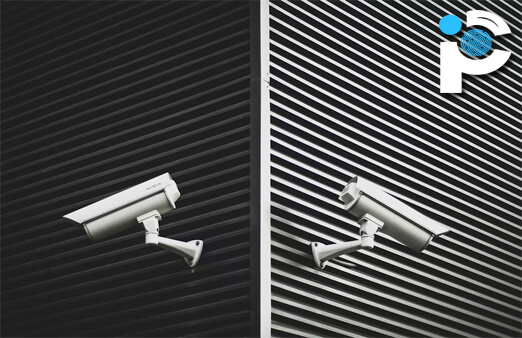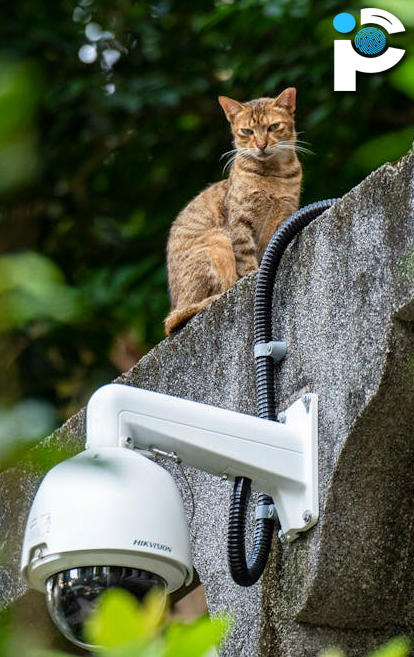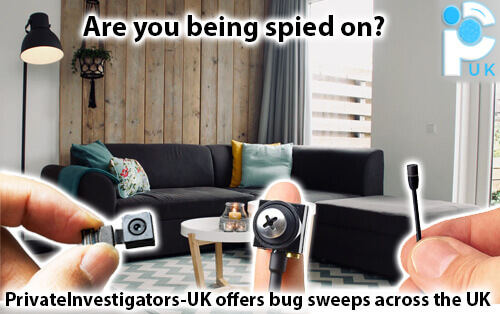Is it Legal to Record Conversations in the UK?
September 26, 2025 - Reading time: 17 minutes
Updated on: September 26, 2025

A practical UK-focused guide to when you can record people or conversations, when consent is required, how GDPR applies, and why bugging a home is never lawful.
Quick take: Recording in public or recording a conversation you’re part of is generally lawful in the UK. Recording inside private spaces without consent is not.
Recording in public places
- Generally legal: People in public have no reasonable expectation of privacy (streets, parks, shops, stations).
- Don’t harass: Filming to intimidate or stalk can be an offence even if recording itself is legal.
- Private into private: Filming into homes, bedrooms or bathrooms from outside crosses the line (privacy or voyeurism).
Recording on private property
- Your home: Home CCTV is fine. If cameras capture beyond your boundary (street or a neighbour’s garden), UK GDPR may apply.
- Someone else’s property: No trespass. No covert recording inside private premises without consent.

Recording without consent
- One-party consent: If you’re part of the conversation, you may record it for personal use without telling the other person.
- Sharing is different: Publishing or distributing may breach privacy or data-protection rights.
- Not your conversation: Secretly bugging other people’s conversations is unlawful without a warrant.
- Sensitive spaces: Bathrooms, changing rooms and bedrooms are criminal contexts for recording (voyeurism, upskirting).
Can I record a phone call in the UK?
- Yes, if you’re on the call: You don’t have to announce it for personal use.
- Businesses must declare: Organisations need a lawful basis and typically give a recording notice.
- Litigation: Using a recording in disputes has extra rules - get legal advice first.
Can recordings be used as evidence in court?
- Civil or family: Covert recordings can be admitted if relevant and authentic; the judge decides.
- Criminal: Illegally obtained evidence may be excluded if it undermines a fair trial.
Is it illegal to record police officers?
- Generally allowed in public: You may film police if you don’t obstruct operations.
- Powers exist: Officers may question, search or seize in specific circumstances - cooperate lawfully.
Dashcams & bodycams
- Dashcams: Legal and common; share with insurers or police as needed.
- Bodycams: OK for personal safety; posting footage online may engage privacy or GDPR.
- Employers: Must inform staff and justify any workplace monitoring; retention must be proportionate.
Can I record my neighbour? / Can my neighbour record me?
- Public vantage: Filming what’s visible from the street is usually lawful.
- Pointing into windows: Directly targeting windows or gardens can breach privacy and prompt ICO complaints.
- Harassment line: Persistent filming to cause alarm or distress can be harassment.
Can I record at work?
- Employees: Recording your own meetings for personal use isn’t a crime; sharing may breach contracts or privacy.
- Employers: Covert monitoring must be necessary, time-limited and proportionate (for example, suspected theft); staff should normally be informed.
Is it illegal to record children?
- Public places: Not automatically illegal; take care with safeguarding and publishing.
- Private settings: Never film children in private spaces where they expect privacy.
Can private investigators record people?
- Yes, in public: PIs routinely record without consent in public or from lawful vantage points.
- No trespass or bugging: PIs cannot plant devices in homes or unlawfully enter premises.
- Proportionality: Professional surveillance avoids intrusive filming into private spaces.
Spy glasses & modern gadgets
- Meta Ray-Ban and similar: Same laws apply - public filming is fine; private spaces without consent are not.
- Transparency concern: People may not realise they’re being filmed; regulators have flagged this.
GDPR & data-retention basics
- Personal or household exemption: Private recordings for personal use are outside UK GDPR.
- When GDPR applies: Businesses (and individuals who publish or share widely) need a lawful basis, notices or signage, security and sensible retention.
- Retention: Keep only as long as necessary; over-retention can be a breach for organisations.
Is it legal to bug someone’s house?
- No. Secret cameras or microphones in a private home without consent are unlawful.
- Lawful authority only: Police or intelligence may deploy with proper warrants - private citizens or PIs cannot.
- Reality check: Stalkers and rogue operators do attempt it - devices can be tiny and well-hidden.
Is someone watching you? We can help. 🔎
Bug Sweep (TSCM) Service - UK-wide
- We detect or remove hidden cameras, microphones, GPS trackers and covert Wi-Fi devices.
- Professional RF spectrum analysis, lens detection and detailed physical inspections.
- Free & confidential quotes: submit a secure support ticket with your postcode and property size.
Related articles
Further reading (official guidance):
💡 Did you know?
If your home CCTV captures the street or a neighbour’s garden, parts of UK GDPR may apply (signage, lawful basis, retention, security).
🧠 Evidence tip
Covert recordings can sometimes be used in civil or family cases if relevant. But admissibility is up to the judge - get legal advice.
🚓 Filming police
You can record officers in public. Don’t obstruct them and follow any lawful instructions at the scene.
🧭 Neighbour disputes
Pointing cameras into each other’s windows can breach privacy and escalate to ICO complaints or civil claims.
You are reading the PrivateInvestigators-UK blog — home to the UK's leading detective agency. Learn more about us by visiting our homepage PrivateInvestigators-UK.com.
